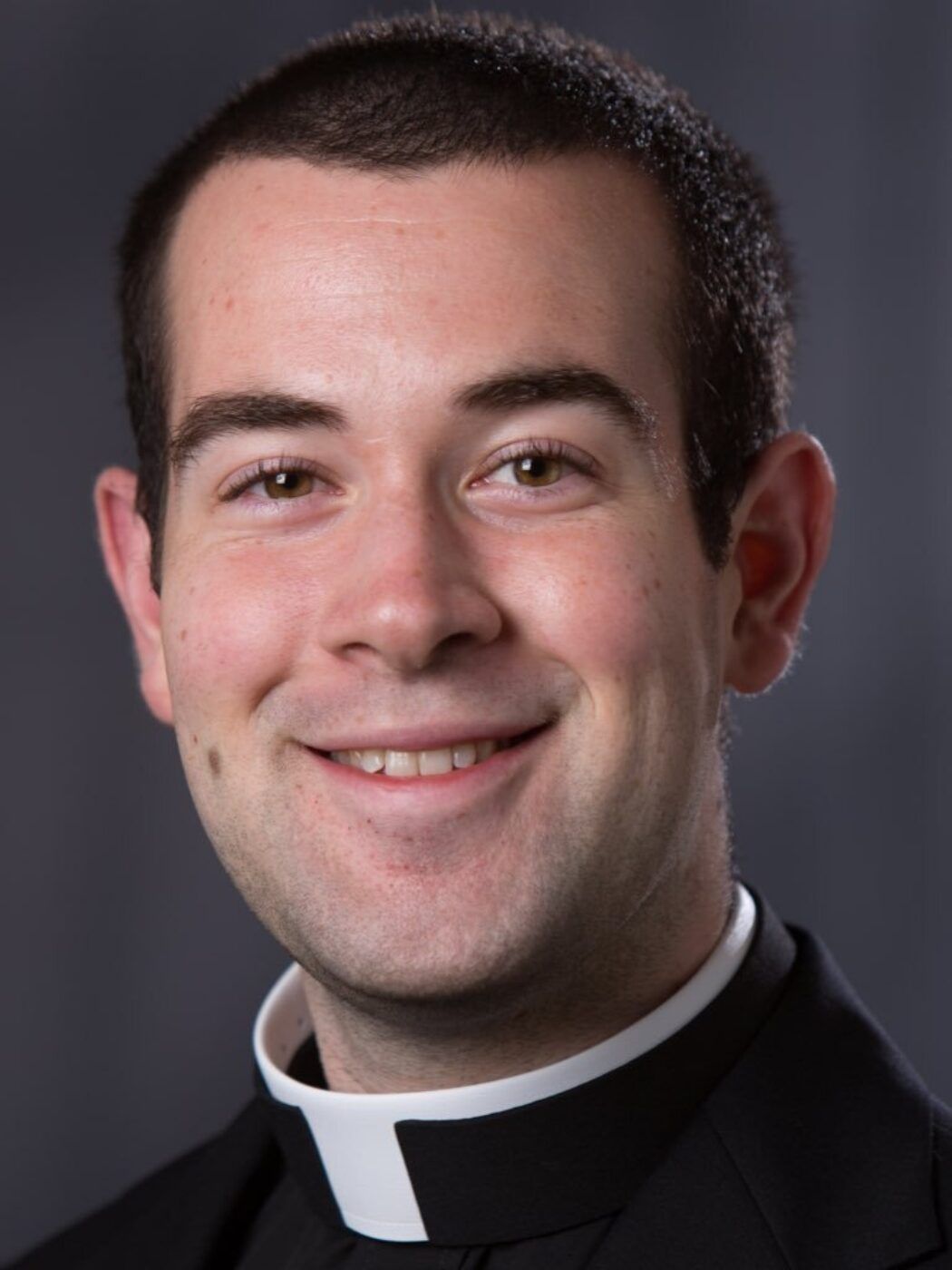Today we find ourselves in between two great feasts - the Ascension of the Lord, which we celebrated this past Thursday, and Pentecost, which is coming next Sunday. But today, the Seventh Sunday of Easter, is no mere placeholder. Before our blessed Lord ascended into the heavens, He left His apostles a parting command: don’t leave the city until you are clothed with power from on high. Await the promise of the Father. Not many days from now, you will be baptized with the Holy Spirit. The apostles did just that. They remained gathered together in the Upper Room, the very room where the Last Supper had taken place weeks before, awaiting the coming of the Holy Spirit in company with the Blessed Virgin Mary and the other holy women.
All of our Lord’s commands are significant, rich in meaning. There is reason why the Holy Spirit wasn’t poured out upon the apostles immediately. They waited and prayed for nine days. This is the origin of the traditional Catholic practice of making novenas, nine days of prayer for a particular intention. Often in the Gospels our Lord asks us for perseverance in prayer. “Seek, ask, knock.” And why? Because waiting in expectation, continually renewing our desire for something, has a transformative effect on our hearts.
Notice that this runs completely contrary to the entire trajectory of post-Christian Western culture. The project of our surrounding culture is to collapse the distance between desire and satisfaction, until the two are as nearly aligned as possible, producing a state of constant stimulation. It seems alluring, and yet if someone who lives solely according to this mindset is honest, they will admit that they are…skull-crushingly bored. We are surely the most highly entertained people in the history of the world. We have access to more comfort and stimulation than anyone, and yet we are so often left bored out of our minds. We are bored because we have made a fundamental mistake about the human heart.
Longing, yearning, desiring…these aren’t bad things. In fact, they prove themselves vital. St. Augustine speaks of this. He tells us that God often permits us to wait before granting our prayers, so that our hearts can expand in desire, so that when we receive what He wishes to give us, we will have a greater joy and appreciation. Other great saints, like St. Therese and St. Mary Magdalene, show us that God looks with great favor on those who place great confidence in His love, and with a holy audacity, expect great things from Him. And what could be greater than the gift of God Himself, the Holy Spirit?
That we might not lightly approach such an exalted gift, our Lord bids us to pray earnestly for the coming of the Holy Spirit. For us who have received the Holy Spirit at our Baptism and Confirmation, it is an occasion to ask God to stir up His gifts within us once more, to make our lives more and more animated by the inspirations of the Spirit, that we might truly live by the Spirit.
The Holy Spirit is often referred to as the Sanctifier. His coming into our lives is a result of Jesus’ triumphant Passion, Resurrection and Ascension. Christ tells us that He must go, so that the Advocate, the Holy Spirit will come, whom He and the Father will send. We know that the Spirit is active in our lives, not by sight, but by the effects of His action within us. We speak of the fruits of the Spirit, which reveal His presence in a person’s life: love, joy, peace, patience, kindness, goodness, faithfulness, gentleness, and self-control. Beautiful dispositions indeed, which can only enrich our lives and the lives of those around us.
How deeply are these fruits of the Spirit revealed in your own life? As we pray together for a greater outpouring of the Holy Spirit, these are the things that we’re looking for. During this original novena of waiting and watching for the Spirit’s coming, we pray with all our hearts: Come, Holy Spirit, fill the hearts of your faithful. Enkindle in us the fire of your love.


